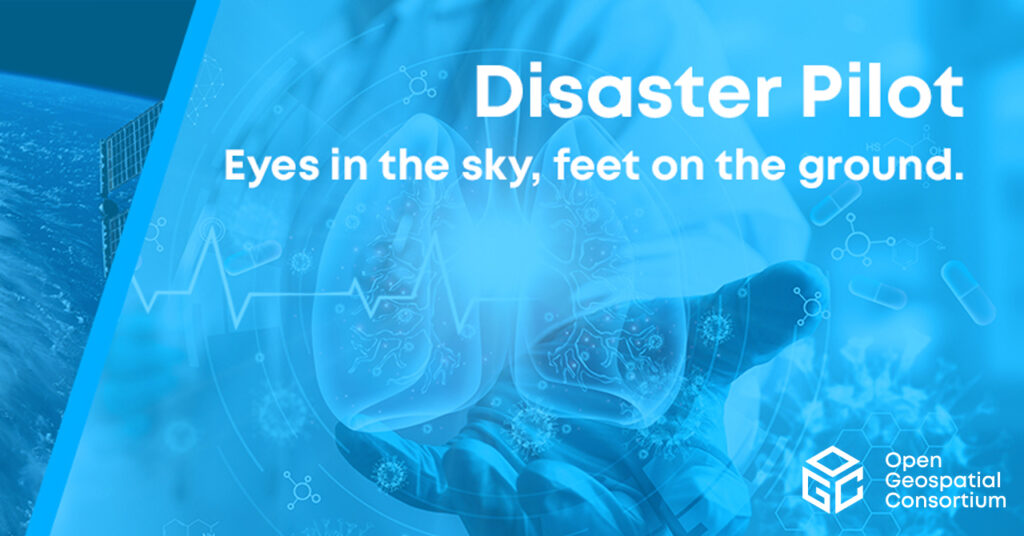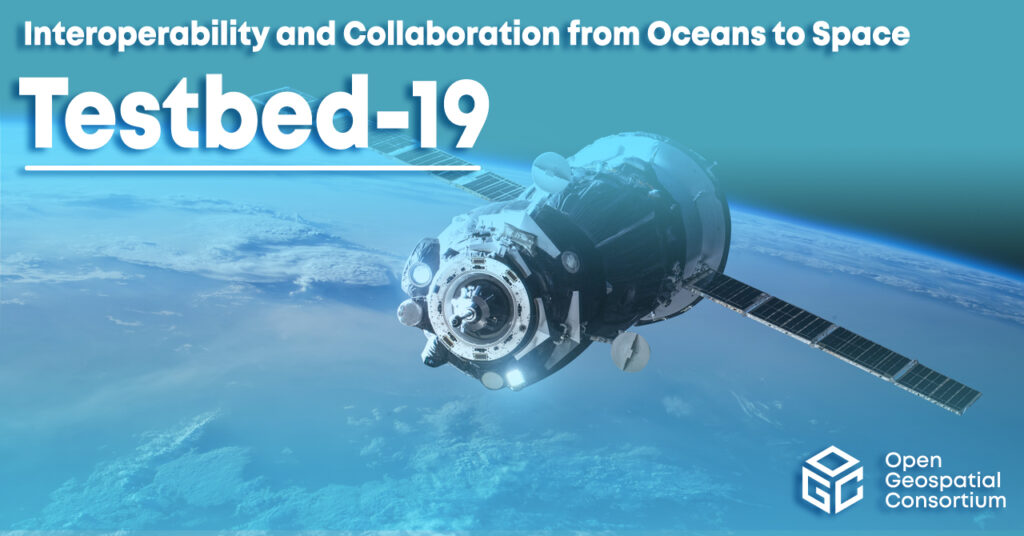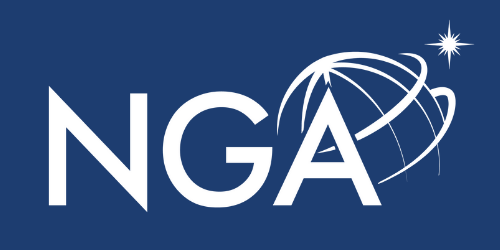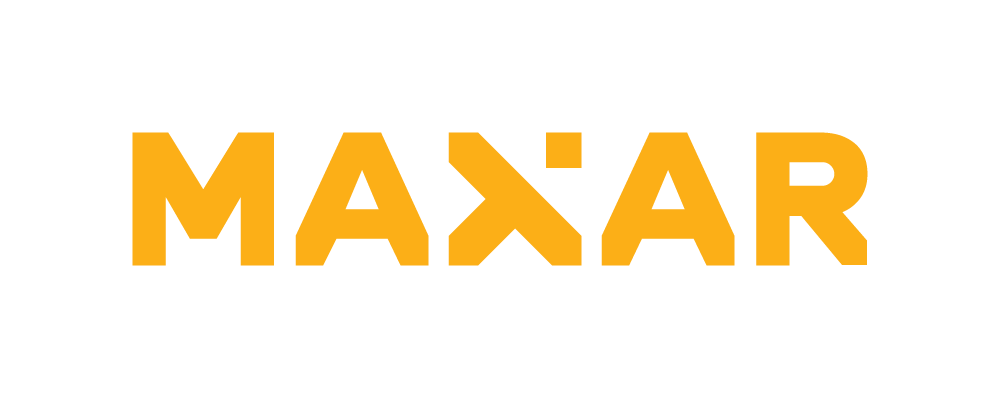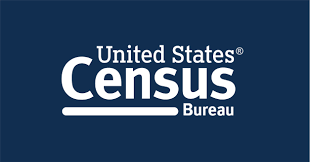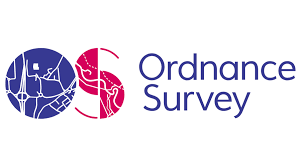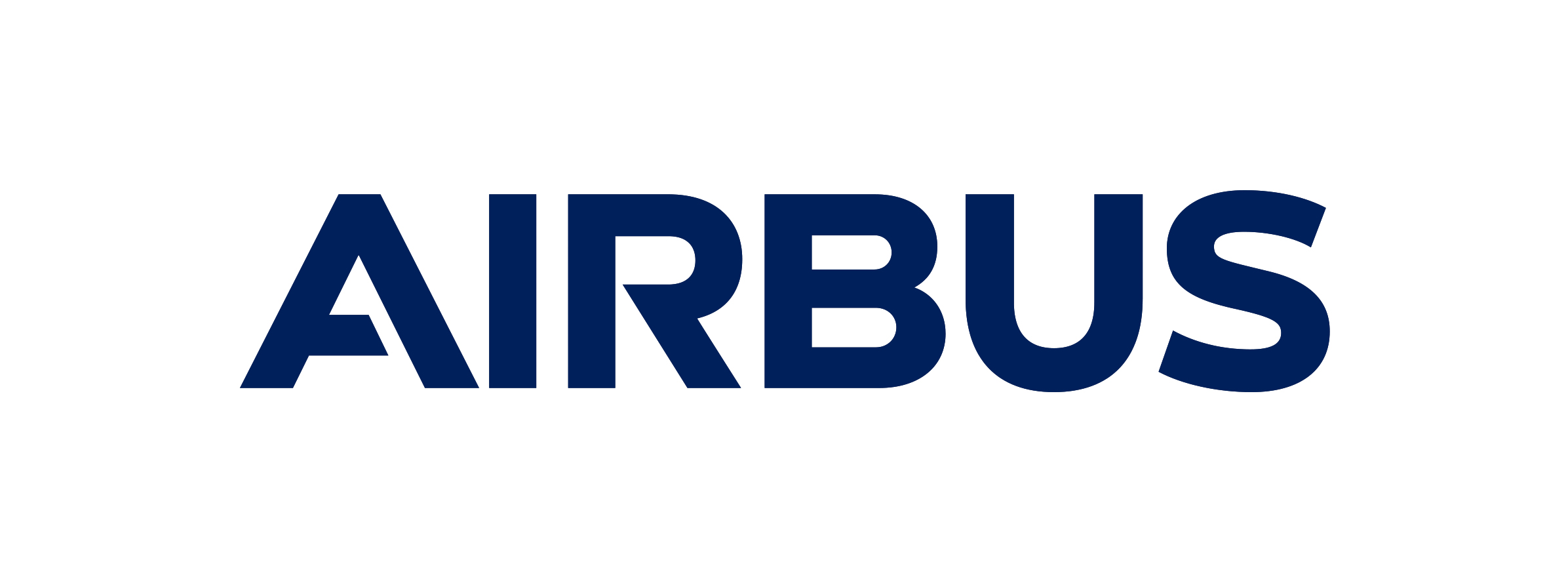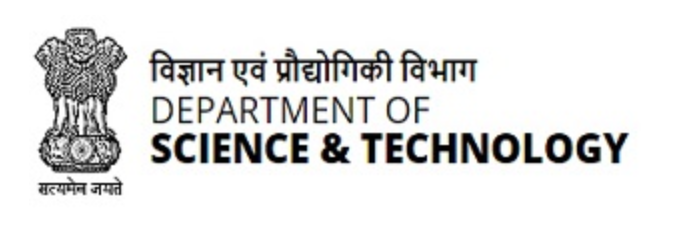Health Spatial Data Infrastructure
For more information please contact innovation@ogc.org
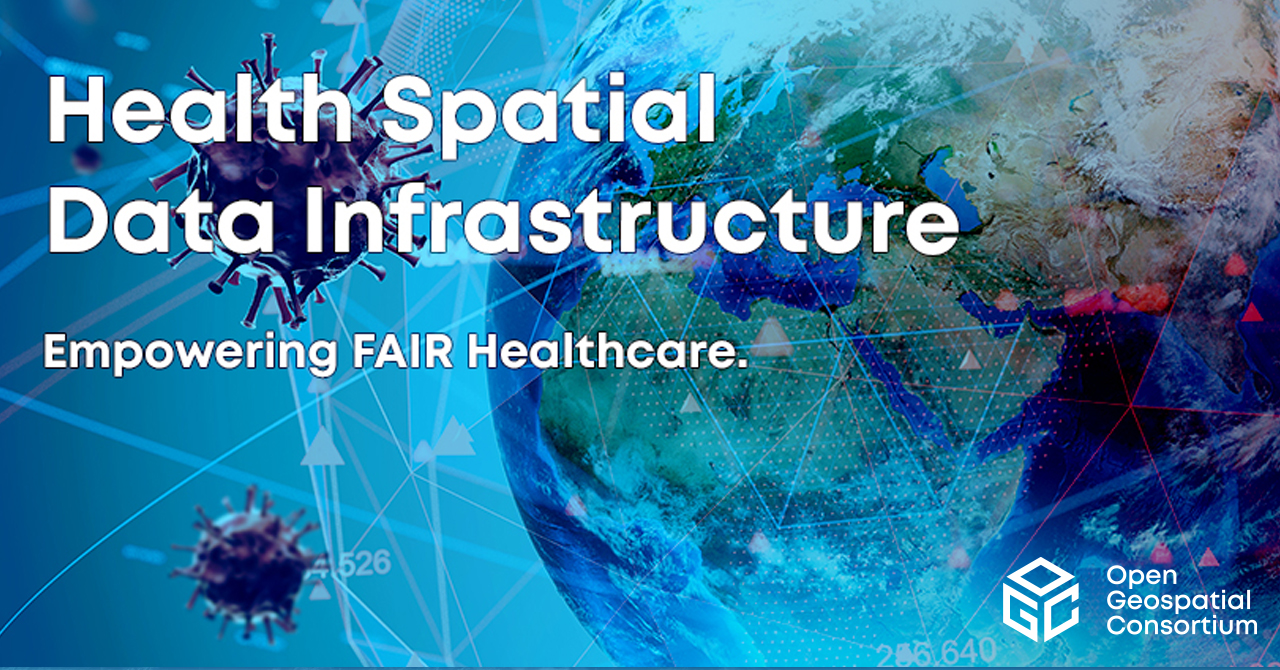
Join us as we build a Standards-Based Health Data Spatial Data Infrastructure – Read our concept paper for a Health SDI here.
The COVID-19 pandemic has shown the world that global crisis response and preparedness cannot be executed without (1) location-related information of people and resources, and (2) trusted information sharing across stakeholders from traditional sources (such as health, defense, public safety) to new sources of information (such as privately-collected mobility data). In addition, information critical to response efforts may come from unexpected sources and domains that previously had little reason to collaborate or involvement with emergency response efforts.
As leaders in the interoperability of location information, the Open Geospatial Consortium (OGC) is inviting expressions of interest to convene a Health Spatial Data Infrastructure (SDI) initiative – a community-driven collaborative initiative bringing together Health, Location, and Technology experts to define, prototype, and demonstrate how to effectively connect heterogeneous systems to find quick answers and enable informed decision making during pandemic crises.
Join us in defining a Health SDI based on community use cases, business and technical requirements, all based on the use of FAIR location information and the latest geospatial and IT technologies – that can serve as a Pandemic Early Warning, Response & Recovery Platform.
The Case for a Standards-Based Health Data Spatial Data Infrastructure
It’s no secret that the COVID-19 pandemic has highlighted many shortcomings of global preparedness and response when dealing with crises at such an unprecedented level. We have seen responses from National States Geographic Information Council on the value of GIS in the pandemic, guidance from National Alliance for Public Safety GIS on information sharing for crisis management, recommendations from Research Data Alliance on data sharing, lessons learned from the National Academies of Science, Engineering and Medicine on geospatial needs for a pandemic-resilient world, and on and on. There’s no shortage of activities and statements by professionals across domains and across the globe to contribute to better response and preparedness – ALL eventually having a common theme around the critical value of location in dealing with a global pandemic and the importance of information quick and filtered information sharing.
This OGC initiative targets these two themes of the criticality of the location element AND the importance of timely data sharing – by proposing to collaboratively develop and evolve a standards-based Health Spatial Data Infrastructure for Findable Accessible Interoperable Reusable location information.
Such an SDI can support a wide range of applications – including those leveraged in support of the COVID-19 crisis
- Early detection and predictive impact analysis
- Devising quarantine/de-quarantine plans
- Optimizing management, allocation and deployment of resources (e.g. PPE)
- Monitoring impact, transmission risks and case reporting
- Studying impacts of crisis on supply chain (food and essential supply and management)
- Understanding economic and critical infrastructure impacts
- And more…
The case for OGC and Global Leadership
Consider this as an open call for leadership to advance the concept of a Health Spatial Data Infrastructure not just to deal with COVID, but to be prepared for any future contagious disease, and indeed ANY future crisis. Let’s all contribute towards a standards-based platform that
- Brings together location experts in government, industry and academia from across the world and across domains
- Delivers FAIR location-referenced information via the use of open standards and APIs
- Treats location/geospatial information as a unifying concept and a differentiator in analysis and decision making – rather than an afterthought
- Supports data-driven decision making for rapid response (at any level)
- Enables granular sharing and correlation of data for impact on local policy and economic recovery
- Empowers data scientists, innovators and entrepreneurs to think outside the box
- Facilitates a practical dialog on issues of data sharing from the technical, policy and privacy perspectives
- Demonstrates the feasibility and sustainability of an operational ecosystem that is beneficial to government and public safety officials, the medical/health community as well as secondary impacted industries
- Tackles confidentiality and intellectual property issues and employs ethical practices in the process
- Can serve as a global Pandemic Early Warning, Response, and Recovery Platform
This initiative can benefit from the ongoing focus of OGC membership to make location data FAIR, and the significant work underway to modernize the entire suite of geospatial standards via the new OGC API. It’s never been this timely to re-examine the concept of standing up an SDI, and expanding what it means and what it can do for the Health domain and beyond.
The Path to Expand the Concept of an SDI
This OGC Innovation Program initiative is unique in that it promises to collaboratively test the concept of an expanded Spatial Data Infrastructure that can at least
- Build on the latest technological developments from the new OGC APIs for access and integration of location information to applications of Artificial Intelligence and Machine Learning to advances in data science, analytics and visualization.
- Incorporate NOT just the traditional layers of a typical SDI, but also a whole new set of dynamic crowd-sourced privately collected such as mobility data
- The incorporation of such data presents a fundamental shift in the SDI concept that is already being actively explored in other industries such as transportation and infrastructure with the rise of HD maps
- The incorporation of such data raises not only technical issues but equally privacy concerns that will need to be addressed
- Support secondary industries impact of a health crisis, as understanding supply-chain repercussions and emerging use cases such as implications on broadband service provision and expansion to rural areas to support teleworking and distance learning
- The availability of data from across disciplines via standard models and APIs is key to the support of emerging use cases such as the broadband expansion one
- Enable local decision making by non-geospatial-savvy users such as clinicians using local virus spread information to derive individualized risk indices for their patients in combination with their health history and symptoms.
- The concept of incorporating analysis and insights gleaned from such location data from a trusted Health Spatial Data Infrastructure into the routine of clinicians is ground-breaking and key to better and more accurate response
The exact scope of the initiative and the use cases supported will be determined with the group of interested sponsor organizations.
Outcomes
This initiative will map a path to a global, Pandemic Early Warning, Response, and Recovery Platform that will ensure the world will not again face endless lockdowns, complete disruption of entire societies, unprecedented job losses and trillions of dollars in economic costs due to an unexpected contagious disease.
Specific outcomes of this initiative include:
- A standards-based backbone of a pandemic early warning, response & recovery system
- A collaborative technology demonstration of operational and experimental capabilities (data, services, analytics, applications) based on a standards-based SDI where location is at the core of the infrastructure rather than just a side-aspect
- Technical documentation of the approach, impacts on standards, best practices and recommendations (on policy and privacy)
- Changes or proposals for standards to support an expanded concept of a Health SDI
- Building the core of a global community interested in making a difference in a collaborative and timely way
Sponsorship Target
The rough order of magnitude for sponsorship is $750,000 shared across multiple supporting sponsors. The OGC Innovation Program process accounts for varying sponsor requirements, varying levels of available funding, and is flexible enough to account for different procurement processes and timelines. The process is also open to the contribution of high value data to the initiative. Sponsorship funds are used to provide offset funding to participants, who are expected to contribute relevant in-kind resources.
Thanks in advance to all interested sponsors for
- Showing leadership by contributing to a timely, critical and collaborative initiative
- Accelerating the development of a pandemic early warning, response & recovery platform
- Ensuring the latest technologies and knowledge are utilized and mobilized for this cause
- Sharing the expertise, development and lessons learned
- Choosing to engage with an international diverse community of world-class experts to develop the Health SDI concept
Learn more about sponsoring an OGC Innovation initiative at https://www.ogc.org/ogc/innovation.
Timeline
The plan is for the kick-off of the initiative to be in the fourth quarter of 2020, with the full initiative completed in 2021.
Learn more about the initiative in our Concept Paper for a Health SDI. Expressions of interest for sponsorship are due by September 22, 2020. To express your interest, please fill out the OGC Innovation Program contact form.





